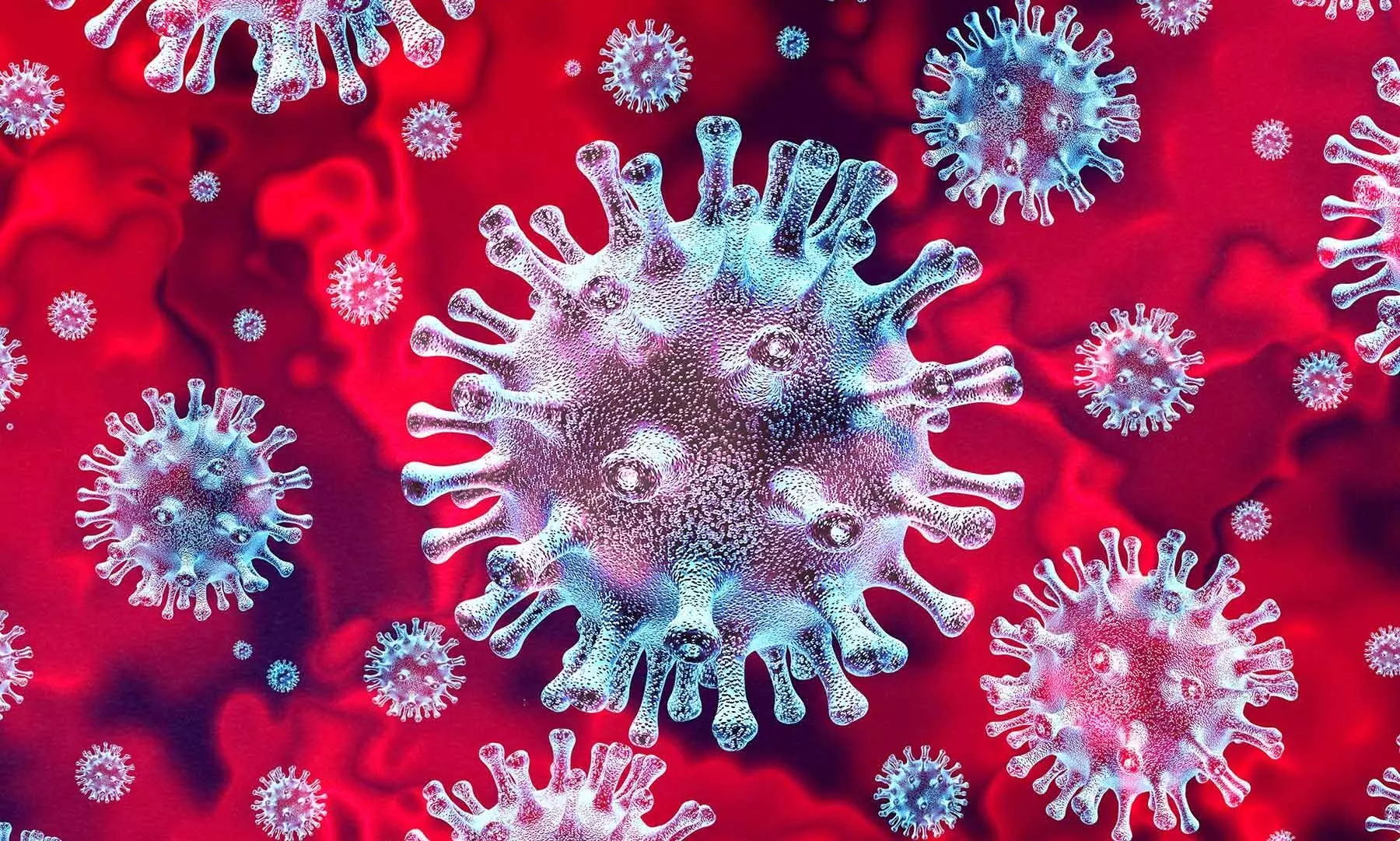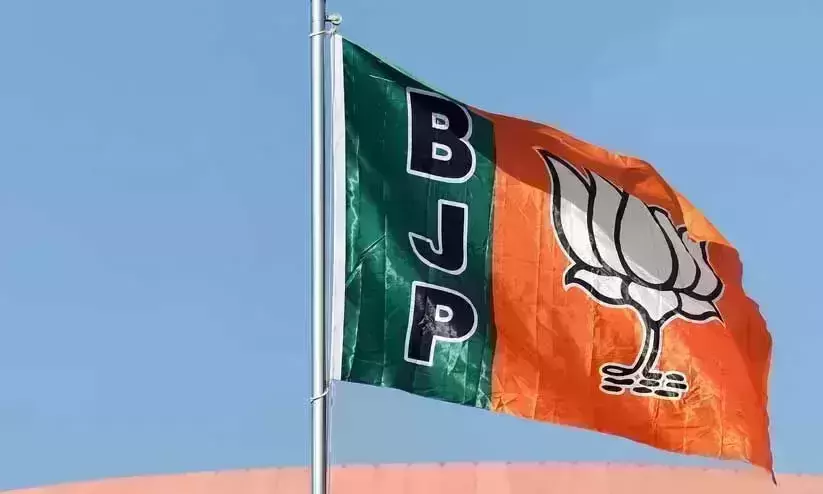

Reckless attitude blamed for COVID19 surge in India: Top virologists
text_fieldsIndia has been stacked back-and-forth with mutant strains and non-compliance of covid precautionary measures during elections and social gatherings, India's leading virologists say.
People's negligence of the COVID-19 protocols and a slow-moving inoculation drive led to spurt of covid infections in the country,Shahid Jameel,director of the Trivedi School of Biosciences at Ashoka University in Haryana, and T Jacob John, professor of virology at Tamil Nadu's Christian Medical College (CMC),acknowledged.India stands third globally in Covid-19 spread with 13.2 million cases, just behind the US and Brazil.
"The intensity of the surge also suggests that there were a huge number of susceptible people after the first wave," said Jameel to PTI, adding that the developments regarding virus variants and vaccines in the coming months will decide the future of Covid worldwide.The third phase of Covid-19 vaccination currently rolls in India with over 80 million doses administered, mostly the first jab.
The country recorded B117 variant (first detected in the Britain), the B1351 variant (South Africa) and the B1128 variant (Brazil) with the Centre warning that the next four weeks will determine the outcome of the second wave.
Both virologists agreed that the virus spreads twice faster in the second wave than in the first wave.
The second wave in the country was due to cautious less stand of the central government, political parties, religious groups and the public, in addition to opening of educational institutions without vaccinating all staff, according to John. Stricter restrictions had to be imposed in areas where infections spiked.However, elections were the primary concern than the pandemic for the leaders and parties. "Elections during pandemic had to be carefully planned,"he added.
The National Centre for Disease Control announced earlier that a new double variant, identified bythe Indian SARS-CoV-2 Consortium on Genomics through genome sequencing,had been recorded in Maharashtra, Delhi and Punjab, with 15-20 percent of cases reported in Maharashtra.
Meanwhile, about 80 percent of highly contagious UK variant cases recorded were hailed from Punjab.
Even though India is home to the world's largest vaccine makers and with monthly capacity of inoculating with 10 million doses of Covishield vaccine and three million Covaxin doses,only 5.1 million of estimated 20 million frontline workers have been vaccinated so far. While only 0.7 percent Indians received both doses. About 5 percent received first dose.
"For various reasons, those eligible, including healthcare and frontline workers, were hesitant to get vaccines. Those above 60 also did not show enough eagerness even though cases had started going up by early March," Jameel said, noting that India witnessed a fall in daily infections when vaccinations began mid-January. He also blamed officials for insufficient awareness among vaccinated people about necessity of continued precautionary measures.
It is necessary to change the vaccination eligibility criteria in states experiencing the surge to individuals above 18. Jameel said that vaccinations have to be balanced against the supply of vaccines.
"Supply can also be boosted by giving emergency use approval to Johnson & Johnson vaccine and Russia's Sputnik-V vaccine. Both of these have received approvals in other countries and have manufacturing partners in India." he added
The Health Ministry recorded 1,52,879 new COVID-19 cases and 839 deathsas of Sunday,making the total death toll to 1.69 lakh, the highest since last October.A recent study has foundthat the current wave could peak by mid-April and may decline sharply by the end of May.























